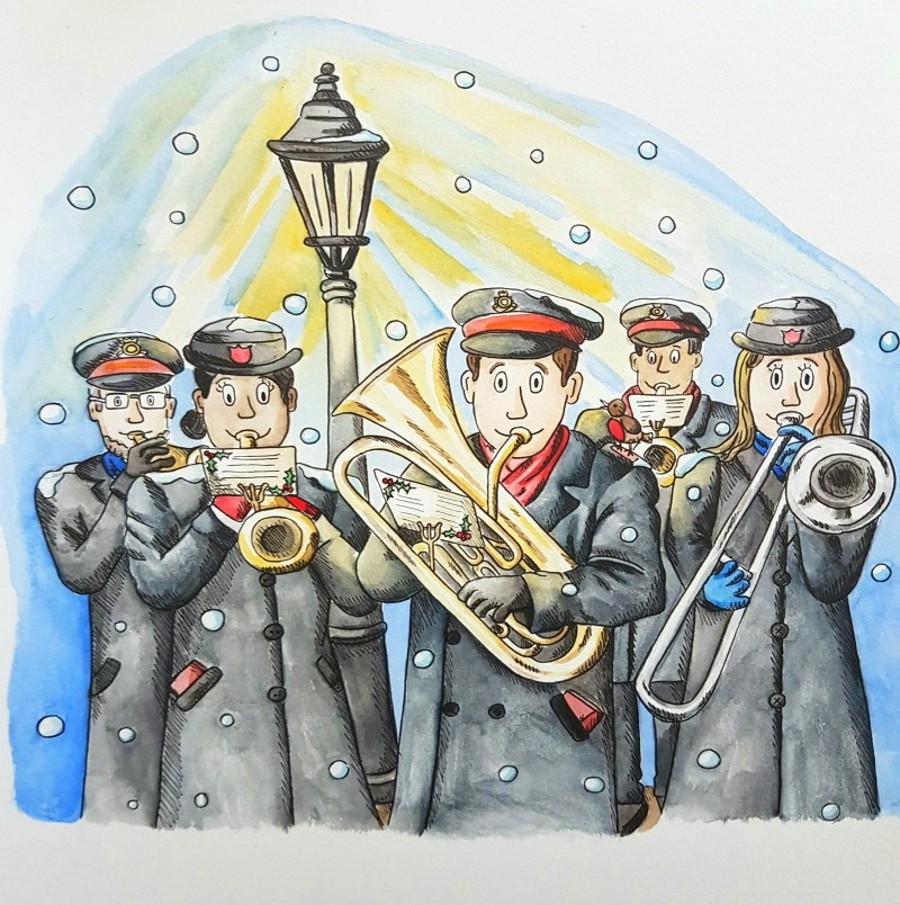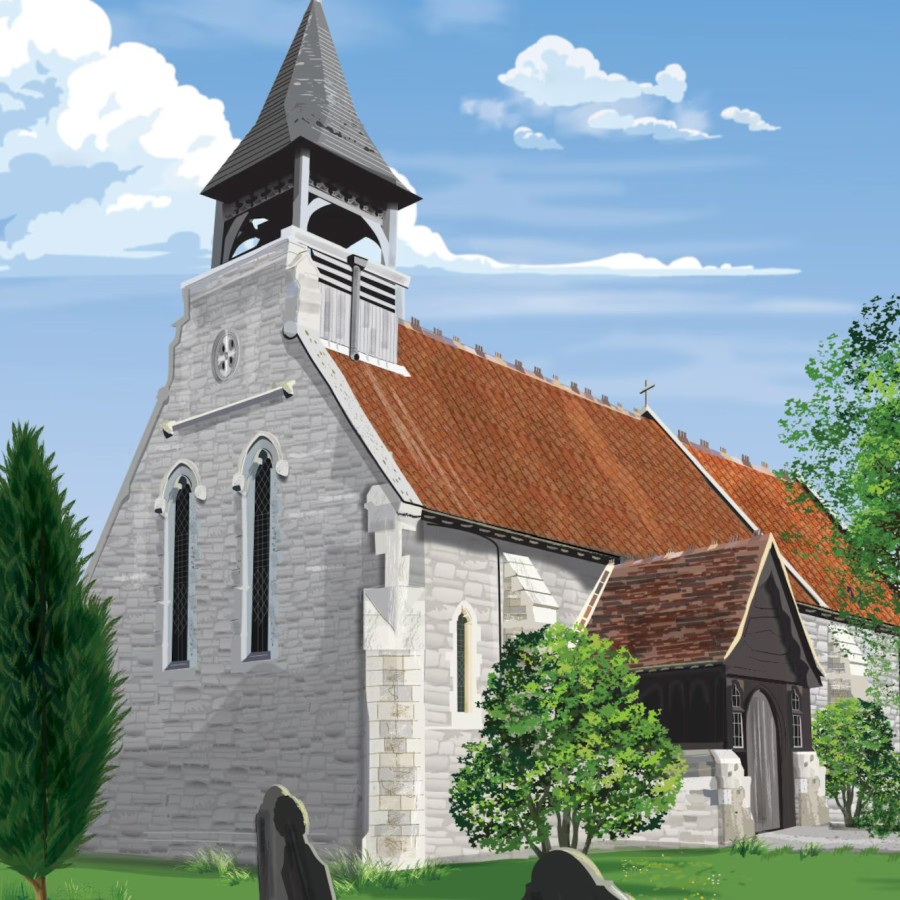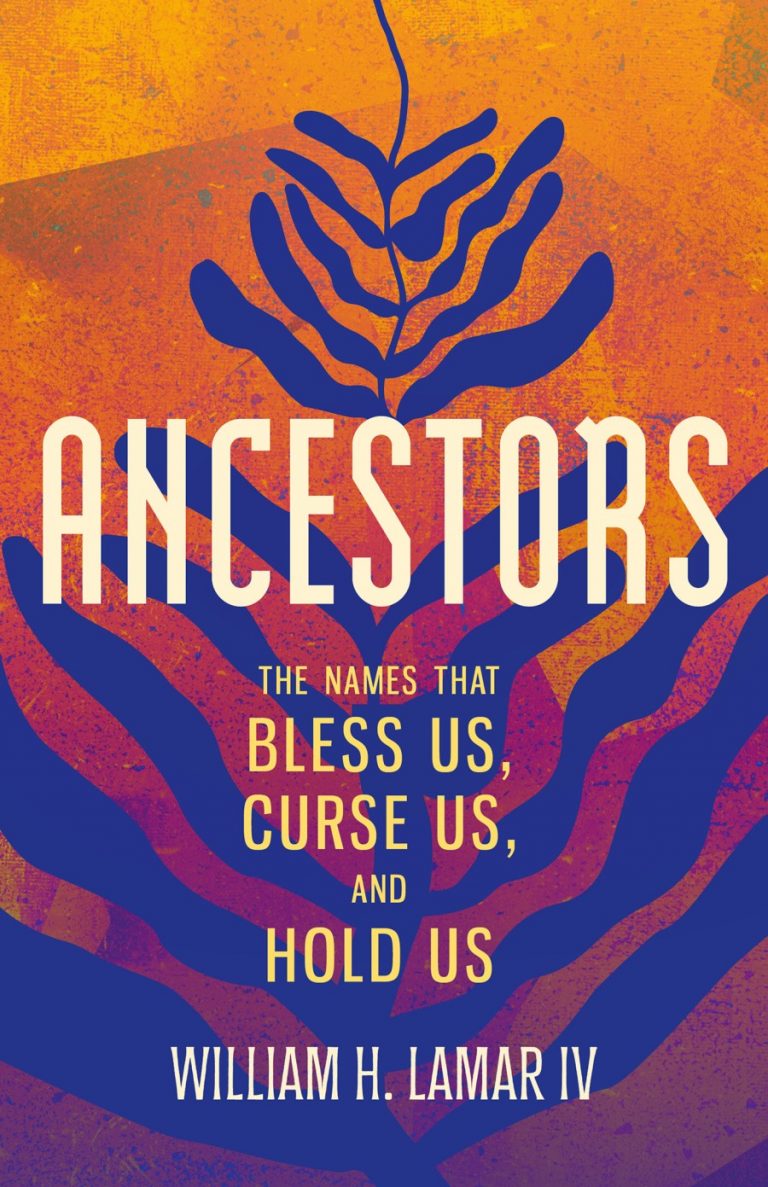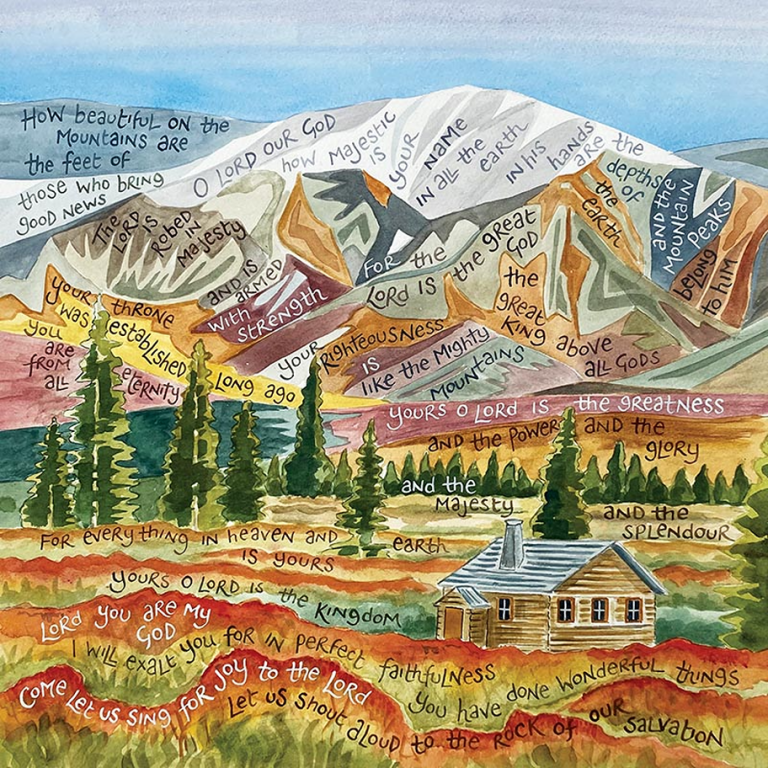
Local churches hold a unique spot in many towns and cities. They welcome everyone, bring people together, and offer both practical and emotional support. By pitching in with local needs, churches shape stronger, kinder neighbourhoods.
Also view the post on the link between faith and helping nature (includes tips to save on heating costs!) And how churches can help homeless people.
Support for HOmeless People

Many churches run food banks, soup kitchens, or weekly meal services. Volunteers offer hot food, clean clothes, and a safe place to rest for those without a home. Churches often give out basic hygiene packs or warm bedding, especially in winter.
Some set up winter night shelters or offer showers and laundry facilities. This work gives people in need more than just food; it shows care and lasting kindness.
Also read our post on helping dogs that live with homeless people.
Churches Investing in Homeless People
Green Pastures is a unique social enterprise run by Christians, that works a bit like an ethical investing firm. The difference here is that your savings are used for them to buy up properties, which are then used to house homeless people, and transform lives.
You eventually receive your money back (with interest). And you get to completely alter the course of someone’s life in a positive way. As well as a home, each homeless person receives ‘wraparound support’, to get their life back to one of stability and comfort.
You can invest from £1000 for one or more years, choosing to earn interest of up to 5% each year. Every £30,000 or so helps them to house someone in need. Investments are unsecured (so not secured by say a property).
There’s a calculator online, to estimate how much you would earn, and how you could help. For instance, if you invested £30,000 over 3 years at an interest rate of 3%, you would earn £2,700. While also helping to provide a home for at least one homeless person.
A big company that invested £500,000 over 1 year, would earn £15,000 in interest, and provide homes for 17 homeless people. Longer-term investments with lower interest rates, allow them to help more homeless people.
So far, Green Pastures has managed to buy up property and give homes to almost 2000 people nationwide (UK) and already has almost 2000 investors saving a collectively £50 million or so.
Two similar organisations are:
Hope into Action lets investors retain ownership of the house, who leases it for 5 years. This organisation then finds tenants to live in the house, and provides support and maintenance. This offers a 2% annual return on your investment, a method that has proven successful with tenants, churches and investors.
Church Homeless Charity is a tiny organisation that receives no funding from the Church of England (despite it having an income of over £900 million plus billions worth of property). So it asks churches to assist personal givers, to donate towards grants for homeless people.
Examples are new clothes for interviews, passports (so people can pass ID checks for jobs & homes), and furnishing/deposits on new homes.
And don’t believe all you read in the papers. This is a Christian charity that will help anyone, no matter their gender, sexuality, race or religion. Or for whatever reason they became homeless.
More Ways Churches Help Homeless People

The Salvation Army is our main ‘Christian charity’ that helps homeless people. As well as donating unwanted clothing in their charity banks, you can bank with Reliance Bank Ltd (which gives a lot of its profits to the Sally Army), as does SAGIC Insurance.
Donations also help this organisation to provide Nap Pads (emergency accommodation in small pods that are light & airy with a window, secure front door, bed, toilet, hand basin and storage area, plus connection to heat, running water and phone charging).
They even have sensors (similar to that preventing crib death) to alert people, if someone stops breathing.
Churches Don’t Open Doors Abroad
A recent experiment in the Pacific Northwest (which has similar cold rainy weather to us in England) asked local churches to open their doors to homeless people, during a very cold snap of weather.
The US states of Washington, Oregon and Idaho (along with British Columbia in Canada) were covered in snow, with freezing temperatures and high winds.
So the mayor of Washington asked 227 places of worship to consider temporarily housing homeless people, to stop them getting hypothermia. She expected that as they all worshipped Jesus Christ, they would say yes. Just four did.
Of course, they all made excuses. They were fearful of property damage or they had no liability insurance, or they feared local people would be upset. Despite reassurances from volunteers that each church would have 20 to 25 (vetted) homeless people, who would have people to keep watch.
In 2017, one of those millionaire mega-pastors (that travel on private planes while preaching the simple living of Jesus), refused to open its huge church during a major hurricane. Again it was due to ‘safety issues’.
How to Help Homeless People in England
There are presently around 250,000 homeless people in England (this includes rough sleepers, sofa-surfers and people living in temporary bed-and-breakfast accommodation).
Homeless people can claim benefits (usually Universal Credit), giving the address of a family member or friend, or a local hostel or job centre. Having this income helps pay for food (and pet food), interview clothes, and accommodation deposits.
People without a bank account can use the government’s Payment Exception Service to collect benefits from a local post office or PayPoint outlet.
If you see someone sleeping rough, send a report to StreetLink, whose local outreach teams visit rough sleepers at night, to alert them of support to find benefits and accommodation (if the person is under 18, call 999).
Community Outreach and Support Services

Reaching Out with Community Programmes
Churches run events for all ages, like parent and toddler groups, after-school clubs, and youth sessions. Older adults can find coffee mornings or gentle exercise classes. Holiday clubs and community fairs bring the whole neighbourhood together.
These activities let people connect and draw new people in who might not visit otherwise. Church outreach groups also visit those who feel left out, such as the elderly or isolated.
Offering Affordable Church Hall Hire
Local churches often make their halls available for local events at a much lower cost than commercial venues. Community groups, schools, fitness classes, and support groups use church halls for meetings or activities. The lower hire fees are a massive help for groups with tight budgets.
This keeps social groups running and gives people places to meet and share interests without breaking the bank.
Giving Confidential Pastoral Care
Churches offer a quiet space for people to talk about worries or personal problems. Pastoral workers or ministers listen in confidence, whatever your background or beliefs. This service is free and doesn’t require you to join the church. Support could range from help with grief, relationship problems, stress, or family issues. Knowing someone will listen without judgement brings relief and can help people feel less alone.
Supporting Mental and Emotional Wellbeing
Many people turn to local churches during tough times for emotional support. Churches run listening services, prayer groups, and drop-in sessions for those facing stress, anxiety, or loss. They may also signpost people to professional help if they need it.
Warmth and empathy are at the heart of what they do, whether it’s a quiet chat or a safe space for reflection. This ongoing support makes a big difference in people’s daily lives. Like Family disputes or domestic abuse force people to leave home with nowhere to turn.
Providing Emergency Accommodation
Not all, but many churches open their halls on cold nights, to offer emergency shelter. They work with local councils and charities to make sure people have a safe place to sleep, while they get back on their feet. Many train volunteers to support and welcome guests.
Distributing Clothing and Hygiene Essentials
Clean clothes and basic hygiene can feel out of reach, during hard times. Churches often work with donors to run drives collecting coats, socks, toiletries, and more. Note clean clothes usually only ‘works’ if homeless people also have access to regular showers and laundries.
Adapting to Modern Society

Another challenge is adapting to the needs of modern society. With the rise of technology and social media, traditional methods of outreach may no longer suffice. Churches must embrace new communication channels and adapt their programmes to reach younger generations.
This evolution is essential for remaining relevant and continuing to serve as a vital community hub.
England used to be Roman Catholic (before Henry VIII replaced the Pope with himself and this morphed into the Church of England).
This blog has a post on Franciscans (busy loving everything that comes across their path – rabbits, kittens, spiders, trees, mushrooms) to Dominicans (his favourite Catholic order, because ‘everyone needs a favourite, it’s like baseball’).
The abuse scandals have led many to leave for the Episcopalian church (if they can say it) which still has Mass, but without the hell and homophobia. Christian orthodoxy is similar, but they don’t follow the Pope (and you have to fast a lot).
How are Churches Funded Abroad?
The days of asking people to put a tenner in the pot is soon to be over. Many people these days don’t use cash (either because it’s a hassle or due to boycotts as they are made with animal fat). And people increasingly see churches with a lot of wealth asking people on the breadline for money, not popular with all the abuse scandals.
Almost cashless Sweden is different in that people pay an optional church tax. This means that if the church does not use the money wisely, payments can be taken away.
It seems to work, and restores trust in givers too. The same happens in Germany where church tax is usually automatically collected, and then you have the option to opt out.






